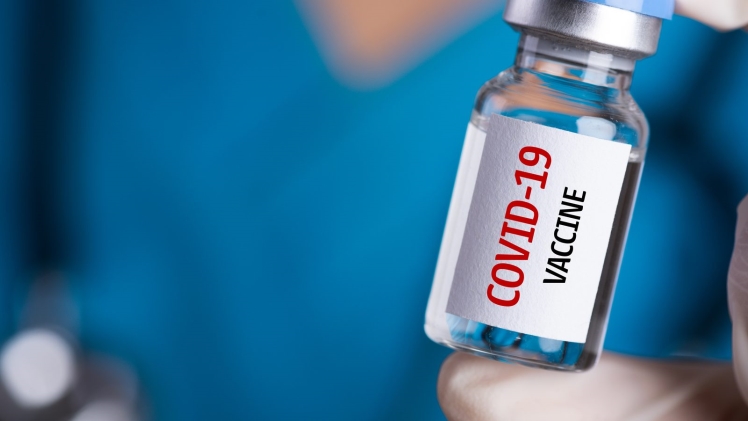COVID-19 is a new strain of the coronavirus, a large family of viruses responsible for the common cold. The disease can cause severe respiratory illnesses, such as the Middle East Respiratory Syndrome (MERS-Cova) and Severe Acute Respiratory Syndrome (SARS). It is not spread through direct contact, but can be spread via contact with infected individuals. In the United States, about 40,000 people have become infected with COVID-19.
Particles and fomites
The disease is spread through dust particles and fomites, and can be transferred by unsafe contact with infected persons. There are no airborne studies of COVID-19, but it is believed to spread via direct contact with the faucal excrement of infected people. However, a limited number of clinical studies have found active virus. The faucal-oral route does not appear to be the primary engine of transmission for COVID-19.
How transmitted ?
While COVID-19 appears to be transmitted via direct contact between humans and animals, it is still unclear how the virus can get into the body. There are no known cures for COVID-19, but if a person is exposed, it is highly likely to result in serious illness. In order to prevent COVID-19, it is vital to develop a vaccination against the virus. The vaccine will help to prevent infection and reduce its spread to the community.
Several mutations
The COVID-19 virus has undergone several mutations, and there are now many variants. The one that is of most concern to the U.S. is known as delta, and is more contagious than the others. While most people with COVID-19 experience mild to moderate symptoms, a few people can develop a severe illness or even die from it. The risk of severe illness is increased for older adults and people with underlying medical conditions.
Vaccination Procedure
The third dose of COVID-19 should be given at least 28 days after the second dose. Although this strain is rare, it is still a serious health threat to people who are not immune. It can cause life-threatening illness and sometimes requires hospitalization. In addition, some people who contract COVID-19 may continue to have ongoing health problems, even though they do not show any symptoms. Because there are still no vaccines against COVID-19, the CDC continues to study the evidence and update their guidance as more information is available.
First step
The first step in combating the COVID-19 infection is to treat the person with dignity. It is essential to respect the inherent dignity of each individual and their rights. Those who have been affected by this disease need to be protected. The disease is spread by close contact, especially in hospitals, and is fatal in those who are not immune. The first step in combating COVID-19 is to ensure that every infected person receives the proper treatment.

